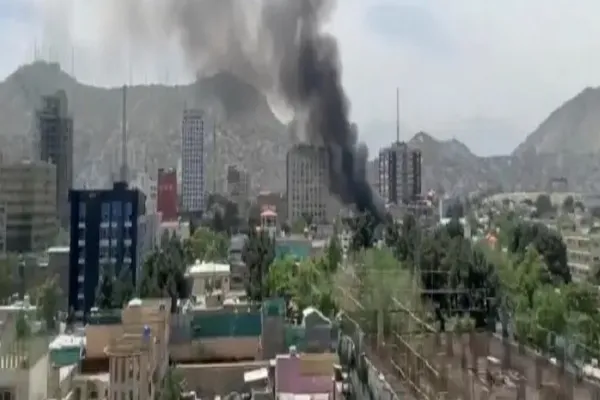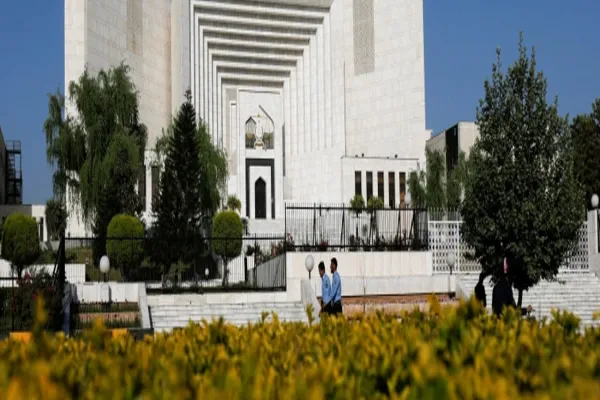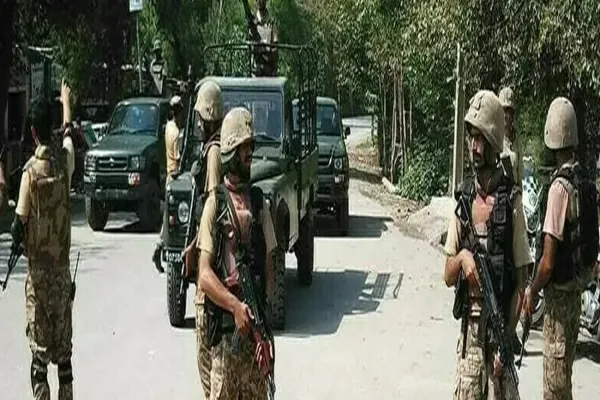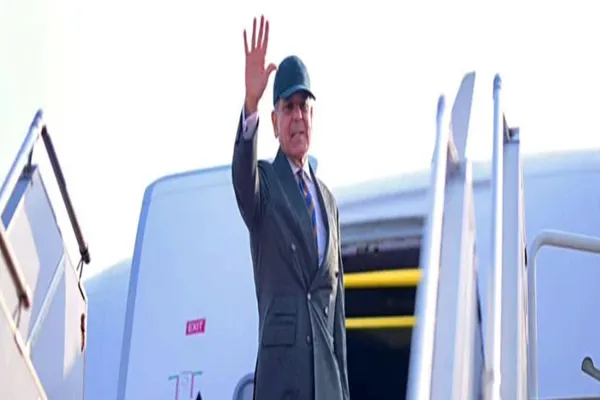i NEWS PAKISTAN
Javed Akhtar
Kashmir issue has recently gained significance after India stripped Kashmir off its special status by revoking Article 370 and 35A in August 2019. Pakistan has, indeed, given moral support to the oppressed Kashmiris for over seven decades whose lives have become worse under the draconian rule of the right-wing Bharatiya Janata Party (BJP) government under its fascist leader, Narendra Modi. The silence of the world community, especially of the United Nations, has been rather deafening all along. Pakistan can still explore options to keep the issue alive at the international level for support from the global community. But in order to keep the issue internationalised, first it is vital for Pakistan to resolve its political issues as well as economic woes. Pakistan, along with China, must also engage other big powers, like Russia, to put pressure on India to withdraw the brutal measures and to restore Kashmir’s previous status. India’s blatant violations of UN resolutions and human rights are no secret.
Pakistan only needs to highlight those violations and atrocities at every forum to seek justice for the Kashmiris. The people in Kashmir have been living under oppression for decades, but change in its special status has brought about an unprecedented wave of draconian laws that are also changing the demographics of the occupied Jammu and Kashmir valley. The Palestine issue is discussed internationally and we need to put Kashmir’s case, too, at the International Court of Justice (ICJ), to end the Indian atrocities against our Kashmiri brethren. Moreover, Pakistani diplomatic missions have a heavy responsibility of highlighting the issue and fighting for the cause of the Kashmiris. Pakistani diplomats must act to counter Indian lobby across the world by presenting the facts and history of the Kashmir issue. The media has done well to highlight the issue, but efforts on this count need to be intensified.
Other than the local media, international media outlets should be involved in discussing and advocating the cause of the Kashmiris. Last but not least, Pakistan should also promote its soft image to counter India’s persistent narrative of Pakistan being a terror-sponsoring state, which has weakened Pakistan’s position on the Kashmir issue significantly. While the opening of the Kartarpur corridor was a major step in the right direction, Pakistan needs to take more measures to prove to the world that it is a peace-loving state, and it is owing to India’s belligerence that the region has been a global flashpoint for so long. Pakistan has recently called on the UN to step up its efforts and urgently resolve the Kashmir dispute in a bid to halt Indian atrocities in the disputed territory and dispel a threat to regional and global peace and security.
“Peace and security must remain at the core of the functions of the United Nations,” Ambassador Munir Akram told the UN General Assembly. “We urge the Security Council (SC) and the secretary general to exercise their considerable authority to promote an early and peaceful resolution of the Jammu and Kashmir dispute and to end the Indian reign of terror against the Kashmiri people,” the Pakistan envoy said in his speech. The UN and the secretary general, he said, could "do much more" to address "peace and security threats by fully using the authority provided by the United Nations Charter, such as in Article 99, and by taking action in the General Assembly if the Security Council is unable to do so".
The "primary threat" in South Asia, the Pakistan envoy said, was posed by the Kashmir dispute and India's attempt to annex and transform the Muslim majority state into a Hindu majority territory, in grave violation of UNSC resolutions that promised Kashmiris their right to self-determination through a UN-supervised plebiscite. On August 5, 2019, India's ruling Bharatiya Janata Party (BJP) had revoked occupied Kashmir's special status by repealing Article 370 of the constitution. The move allowed people from the rest of India to have the right to acquire property in occupied Kashmir and settle there permanently. Kashmiris, international organisations and critics of India’s Hindu nationalist-led government see the move as an attempt to dilute the demographics of Muslim-majority Kashmir with Hindu settlers.
Over the past three years, Pakistan has been raising voice against the move and Indian atrocities in the valley. Detailing India's "extensive illegal actions", which Ambassador Akram condemned this time as well, he urged the UNSC and the UN chief to promote an early, peaceful end to the dispute. He cited the rise of racial and religious hate and violence, with Islamophobia among its gravest manifestations, notably as characterised by lynching and calls for genocide of Muslims in India. “The worst manifestation of Islamophobia is the officially-inspired campaign of Hindutva adherents in India against Muslims,” he said. So far, the Pakistan envoy added, there had been no accountability for India's crimes.
"Draconian Indian laws provide complete impunity to the 900,000 troops India had deployed in occupied Jammu and Kashmir," he said, condemning the rising “harassment, illegal arrests and registration of fake criminal cases” against journalists and civil society activists, such as Khurram Pervez, in occupied Kashmir. The recent attack and ban on the Kashmir Press Club, he said, was another manifestation of India's entrenched use of brute force and coercion to silence all those who raised their voice against its "criminal and genocidal acts" in occupied Kashmir. Ambassador Akram also drew attention towards the recent warning by Dr Gregory Stanton, head of the Genocide Watch — a global organisation dedicated to the prevention of genocide — of a genocide against Muslims in India. “We call on the secretary general and the United Nations to take decisive steps to combat Islamophobia and to prevent the danger of genocide against the Muslims of India,” Ambassador Akram said.
At the outset of his address, the Pakistan envoy welcomed the UN's mobilisation of humanitarian and other assistance for Afghanistan, calling its flash appeal for aid to Afghanistan in September last year and the $5 billion appeal made earlier this month timely and essential. "Similarly, the United Nations role in peacekeeping is a major success and Pakistan will remain a steadfast partner in ensuring the effectiveness of such operations, notably the United Nations Military Observer Group for India and Pakistan, stationed in the disputed Jammu and Kashmir region," the envoy said. He welcomed the secretary general's call to address inequality and promote universal vaccination against Covid-19 on an emergency basis and also endorsed the UN chief's call to restructure the global financial architecture and provide financial resources to help developing countries in recovering from the pandemic.
Credit : Independent News Pakistan-INP









